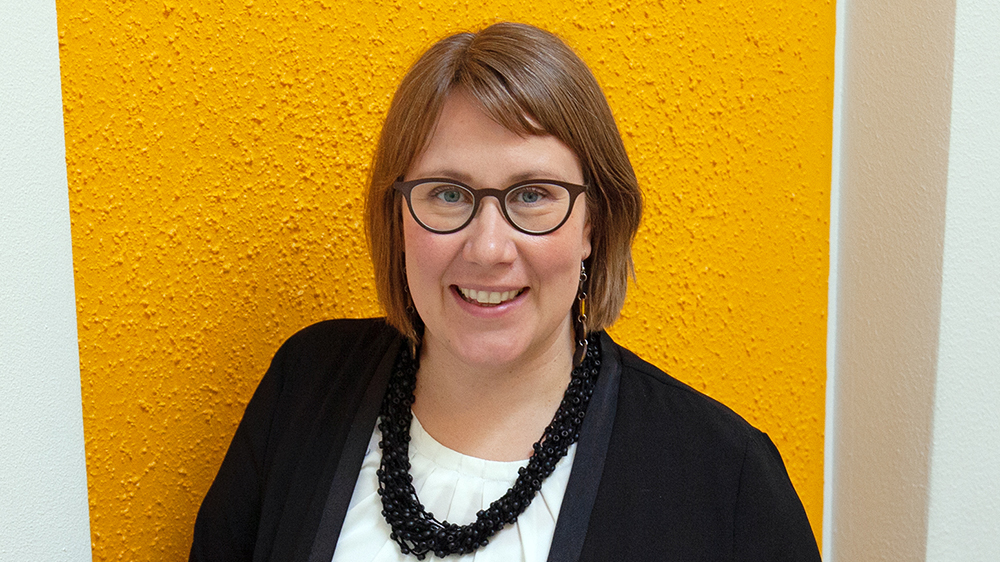Partnered for results in the next structural fund period: Focus on regional development based on regional resources and needs

Preparations for the forthcoming structural fund period are well under way in Southern and Western Finland, with active participation from all Regional Councils and ELY Centres. Partnerships play a key role in preparations conducted at the national level, according to Tiina Huotari, Chair of the working group in charge of preparations in Southern and Western Finland, from the Helsinki-Uusimaa Regional Council.
“This is first and foremost a programme for the regions; it is therefore important that all key partners are involved,” Huotari points out.
The objective of Southern and Western Finland was to have a single Structural Fund programme for Finland (excluding Åland, which will decide on its own programme).
“We are delighted that our wish for a single programme for the whole country came true. It is an effective model for a number of reasons, including the fact that it facilitates cooperation across major regions. The Saimaa region is a good practical example of development work that needs to be carried out across regional boundaries,” Huotari explains.
Developmental differences within regions
In autumn 2018, the Ministry of Economic Affairs and Employment launched preparations for the next EU programming period. The national programming work involves determining, on the basis of EU regulations, the strategic set of objectives, actions to be supported, and the administrative procedures.
In the preparation stage, the programme content largely reflects the themes of the current programming period, but it will be updated to meet the present-day needs and operating environment. Key themes from the perspective of Southern and Western Finland include climate neutrality, circular economy, the competitiveness of business and industry, and digital transformation. Measures that allow more flexible shared use of different financial instruments should be devised for the forthcoming programming period. Similarly, steps should be taken to reduce administrative burden.
Huotari returns to the significance of regional focus.
“I think it is essential to focus more strongly on regional development measures that address the regions’ unique strengths, resources, needs and programme contents. This will allow us to pay more attention to individual regional characteristics. There are developmental differences within regions, which means an analysis of the major regions is no longer a sufficient approach.”
Preparations carried out in the regions are instrumental for the preparation of the Structural Funds programme 2021–2027. Regional preparations in Southern and Western Finland are coordinated by the Helsinki-Uusimaa Regional Council.
This news item is based on an interview with Tiina Huotari, Chair of the working group in charge of preparations in Southern and Western Finland. Preparations for the EU structural fund period 2021-2027 are being made in collaboration between various stakeholders in line with the partnership principle. Other interviewees in the series of news themed “Partnered for results in the next structural fund period” include Marja-Riitta Pihlman from the Ministry of Economic Affairs and Employment, Päivi Keisanen from the Regional Council of Oulu, Mauri Yltiö from the Ministry of the Environment and Jussi Ahokas from the Finnish Federation for Social Affairs and Health.
Partnership principle in programme preparation
- Preparations for the next EU structural fund period are conducted under the partnership principle in central government and regionally.
- The Ministry of Economic Affairs and Employment has appointed a Cohesion 2021+ partnership working group to support the preparation of national programme work.
- The working group will make proposals to the Ministry of Economic Affairs and Employment regarding the content and objectives of the activities co-financed by the ERDF and the ESF, and discuss the administrative preparations for the programme work.
